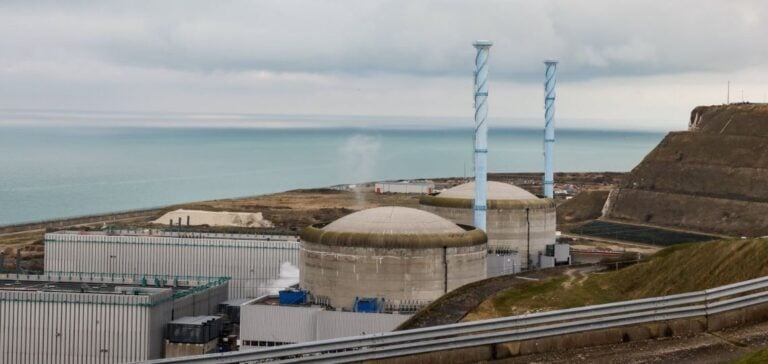EDF CEO Luc Rémont recently announced a major financial commitment to the development of the EPR2 reactor. With a planned investment of three billion euros by 2024, this initiative is part of a broader program to renew France’s nuclear industry. EDF’s debt, at 54.4 billion euros, does not seem to hinder these ambitions, signifying a resolute strategy despite the financial challenges.
Details of the nuclear recovery program
The French government’s nuclear stimulus plan calls for the construction of up to 14 EPR2-type reactors. Discussions in the Senate focused on commissioning deadlines and financing conditions for these projects. A recent reassessment puts the cost estimate for the first six reactors at €67.4 billion, adjusted for higher engineering costs.
Technical issues and challenges
Luc Rémont outlined the challenges of the definition and heavy engineering phase currently underway for EPR2. Optimization work with the nuclear industry is needed to assess our ability to meet demand for industrial components under competitive conditions. The nine-month delay in finalizing the generic design plans was also discussed.
Future prospects and upcoming decisions
A decision on the conditions for financing the nuclear program, in collaboration with the French government, is expected at the end of the year. A final investment decision for 2025 is envisaged, subject to approval by the European Union, indicating critical milestones for the future of nuclear power in France.
EDF’s increased investment in the development of the EPR2 reactor is a promising sign for the future of nuclear energy in France. With major financial and technical stakes involved, collaboration between the French government and EDF will be crucial to the success of this ambitious program.






















